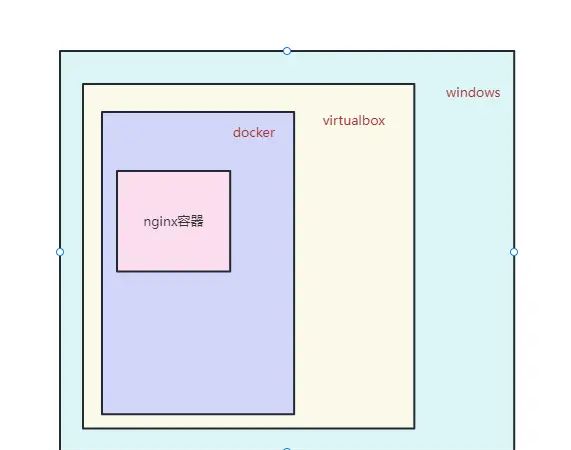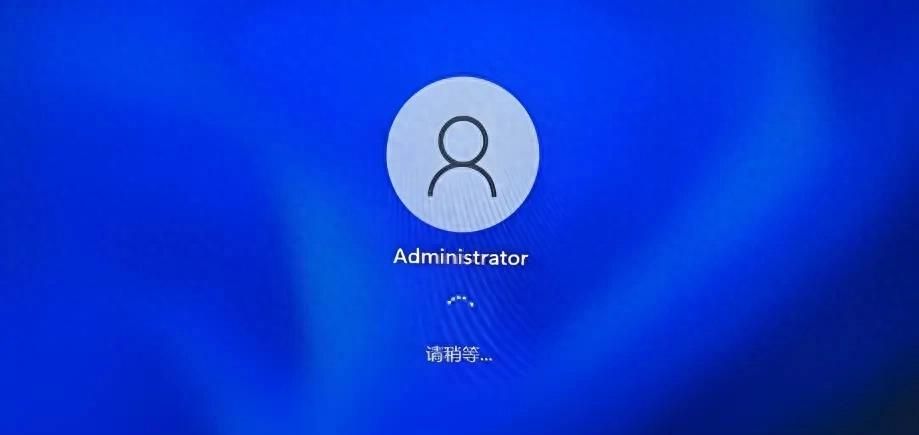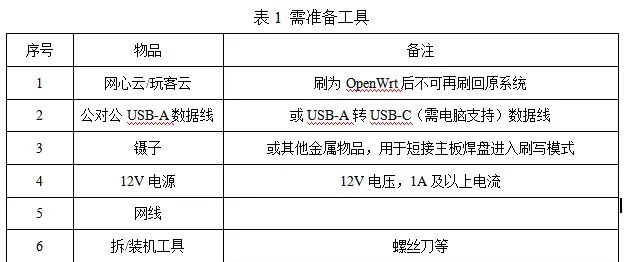1138 Alphabet Board Path 字母板上的路径
Description:
On an alphabet board, we start at position (0, 0), corresponding to character board[0][0].
Here, board = [“abcde”, “fghij”, “klmno”, “pqrst”, “uvwxy”, “z”], as shown in the diagram below.
[图片上传失败…(image-576415-1651995425582)]
We may make the following moves:
U moves our position up one row, if the position exists on the board;
D moves our position down one row, if the position exists on the board;
L moves our position left one column, if the position exists on the board;
R moves our position right one column, if the position exists on the board;
! adds the character board[r][c] at our current position (r, c) to the answer.
(Here, the only positions that exist on the board are positions with letters on them.)
Return a sequence of moves that makes our answer equal to target in the minimum number of moves. You may return any path that does so.
Example:
Example 1:
Input: target = “leet”
Output: “DDR!UURRR!!DDD!”
Example 2:
Input: target = “code”
Output: “RR!DDRR!UUL!R!”
Constraints:
1 <= target.length <= 100
target consists only of English lowercase letters.
题目描述:
我们从一块字母板上的位置 (0, 0) 出发,该坐标对应的字符为 board[0][0]。
在本题里,字母板为board = [“abcde”, “fghij”, “klmno”, “pqrst”, “uvwxy”, “z”],如下所示。
[图片上传失败…(image-abbd82-1651995425582)]
我们可以按下面的指令规则行动:
如果方格存在, U 意味着将我们的位置上移一行;
如果方格存在, D 意味着将我们的位置下移一行;
如果方格存在, L 意味着将我们的位置左移一列;
如果方格存在, R 意味着将我们的位置右移一列;
! 会把在我们当前位置 (r, c) 的字符 board[r][c] 添加到答案中。
(注意,字母板上只存在有字母的位置。)
返回指令序列,用最小的行动次数让答案和目标 target 一样。你可以返回任何达成目标的路径。
示例 :
示例 1:
输入:target = “leet”
输出:”DDR!UURRR!!DDD!”
示例 2:
输入:target = “code”
输出:”RR!DDRR!UUL!R!”
提示:
1 <= target.length <= 100
target 仅含有小写英文字母。
思路:
模拟
从上一个字母出发用取余和商的方式找到需要移动的次数
由于 z 位于比较特殊的位置, 优先思考左上右下的方式进行移动
时间复杂度为 O(n), 空间复杂度为 O(n)
代码:
C++:
class Solution
{
public:
string alphabetBoardPath(string target)
{
int x = 0, y = 0;
string result;
for (const auto& c : target)
{
int row = (c - a ) / 5, col = (c - a ) % 5;
while (y and --y > col) result += L ;
while (row > x++) result += D ;
while (x and --x > row) result += U ;
while (col > y++) result += R ;
result += ! ;
}
return result;
}
};
Java:
class Solution {
public String alphabetBoardPath(String target) {
int x = 0, y = 0;
StringBuilder result = new StringBuilder();
for (char c : target.toCharArray()) {
int row = (c - a ) / 5, col = (c - a ) % 5;
while (y > 0 && --y > col) result.append( L );
while (row > x++) result.append( D );
while (x > 0 && --x > row) result.append( U );
while (col > y++) result.append( R );
result.append( ! );
}
return result.toString();
}
}
Python:
class Solution:
def alphabetBoardPath(self, target: str) -> str:
x, y, result = 0, 0, ""
for c in target:
row, col, x, y = x, y, *divmod(ord(c) - ord( a ), 5)
result += L * (col - y) + D * (x - row) + U * (row - x) + R * (y - col) + !
return result

























暂无评论内容